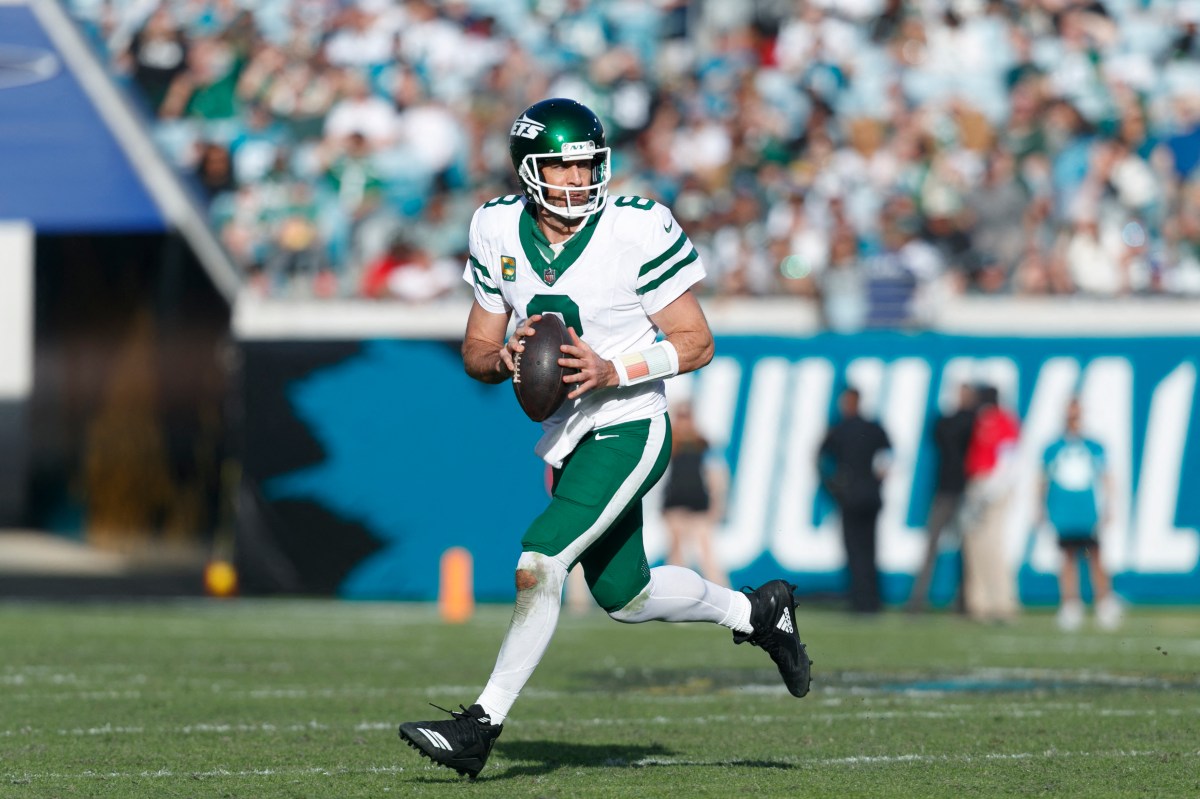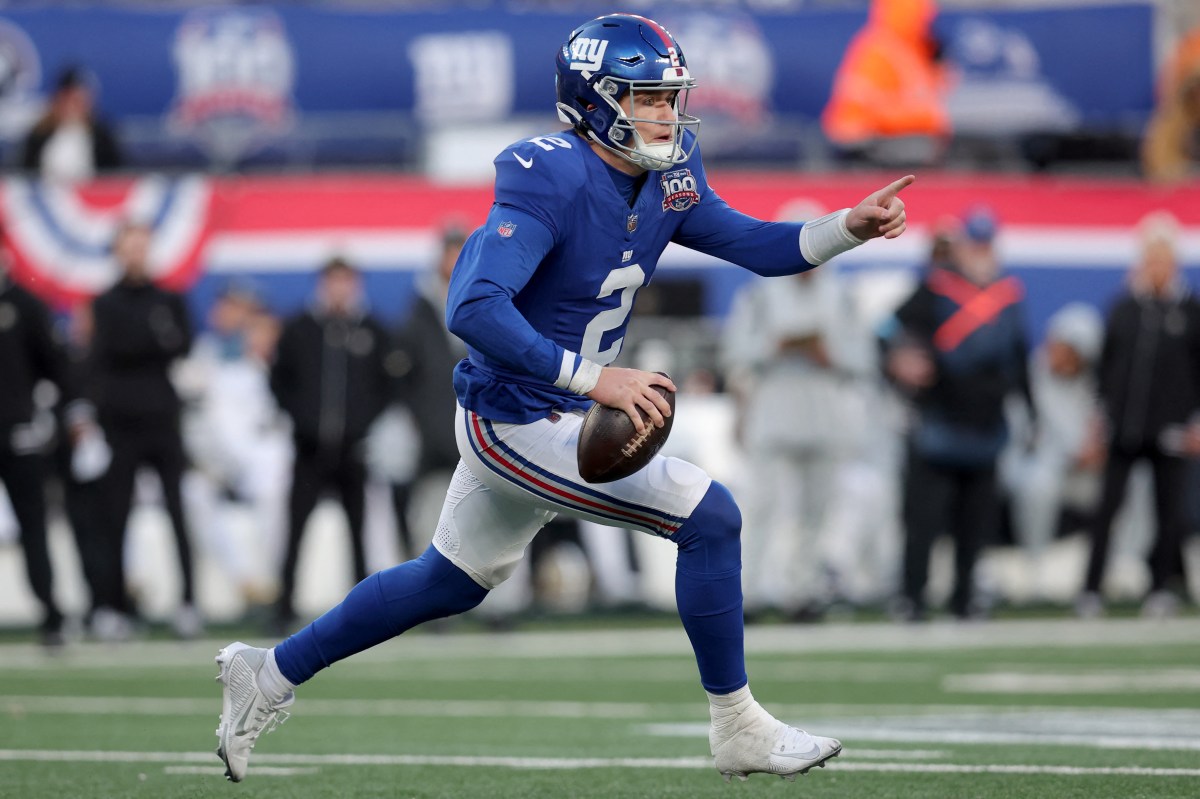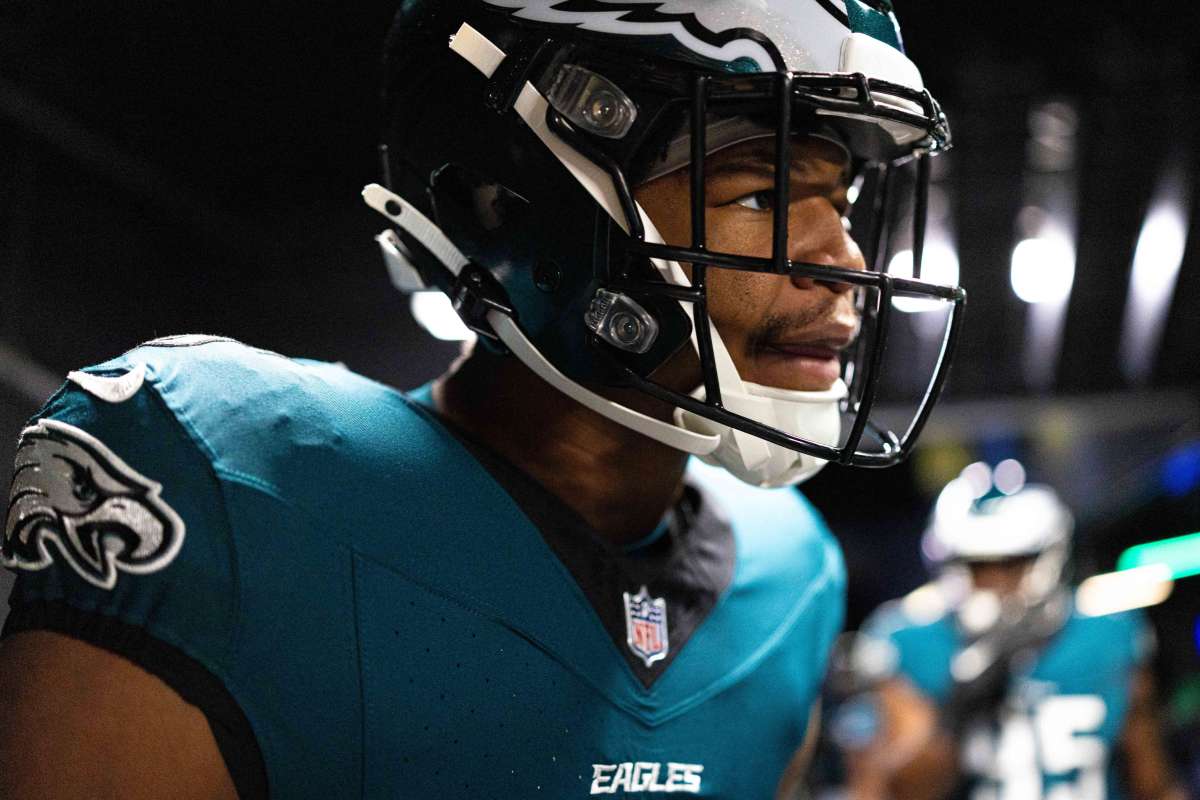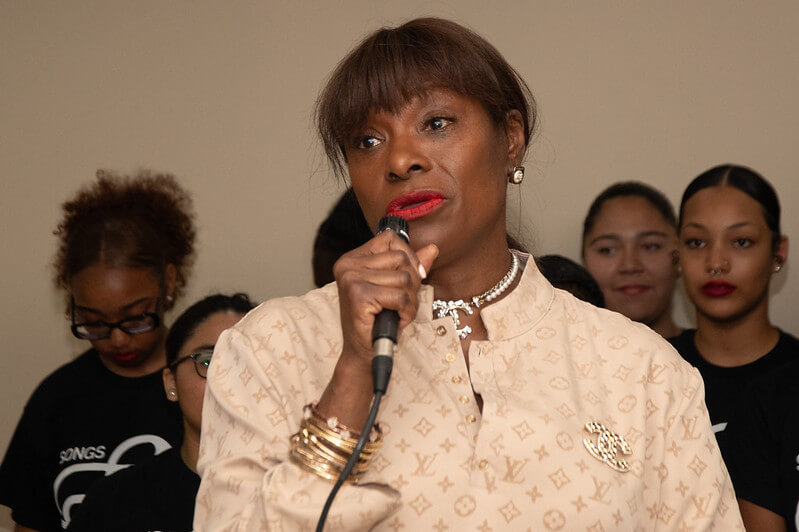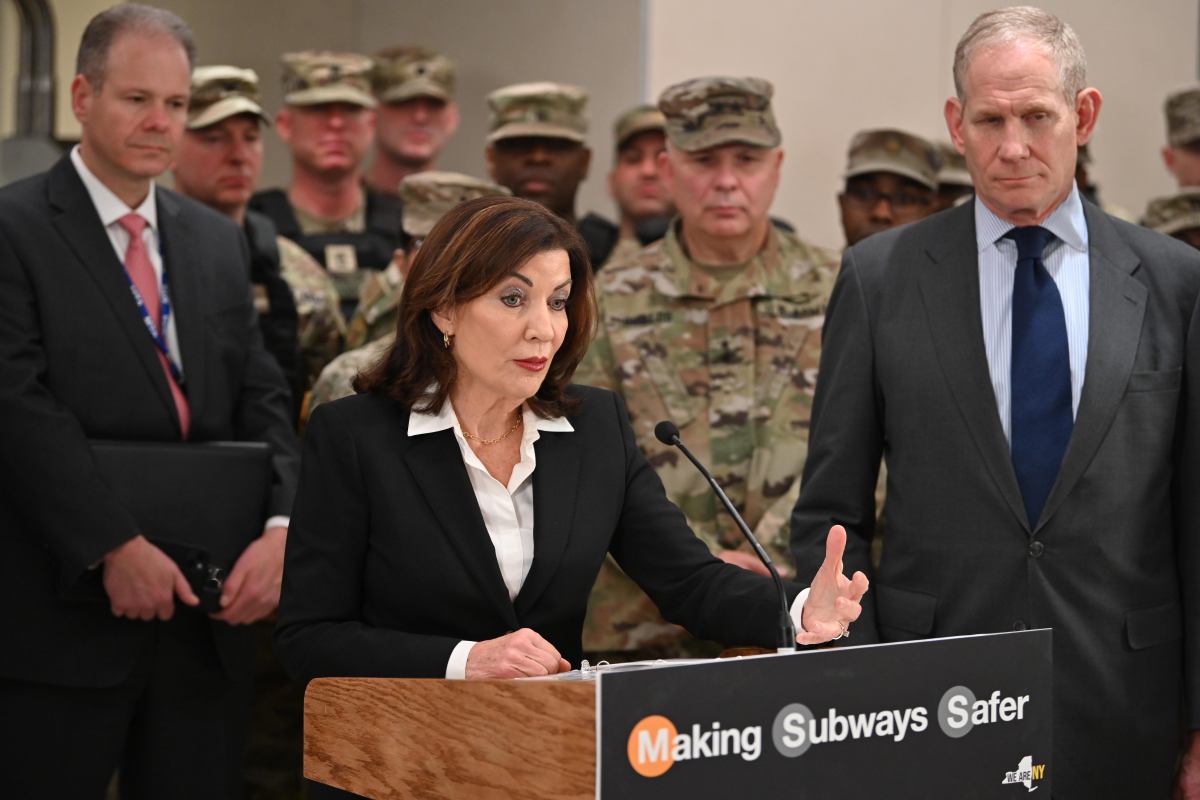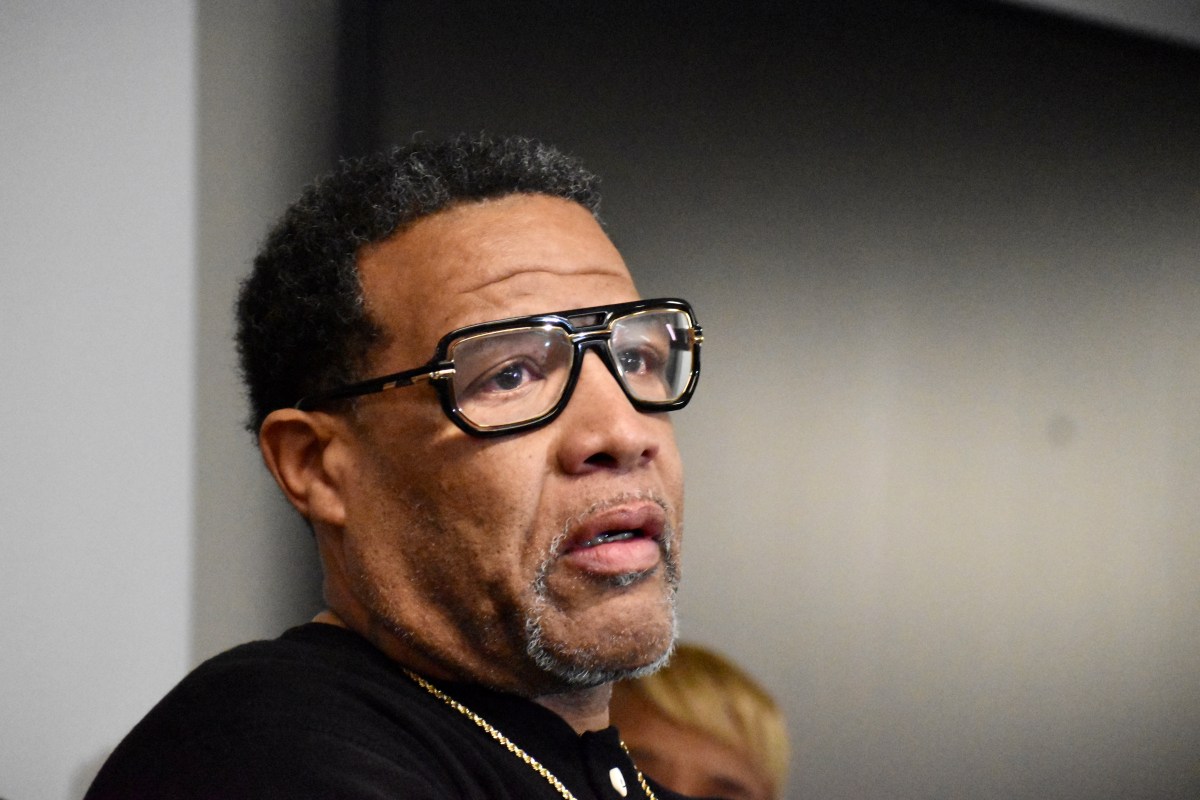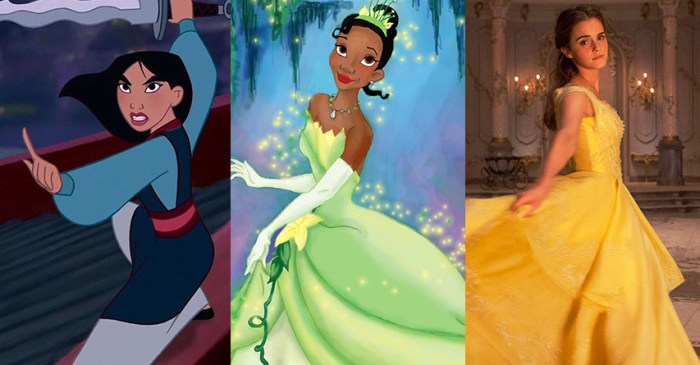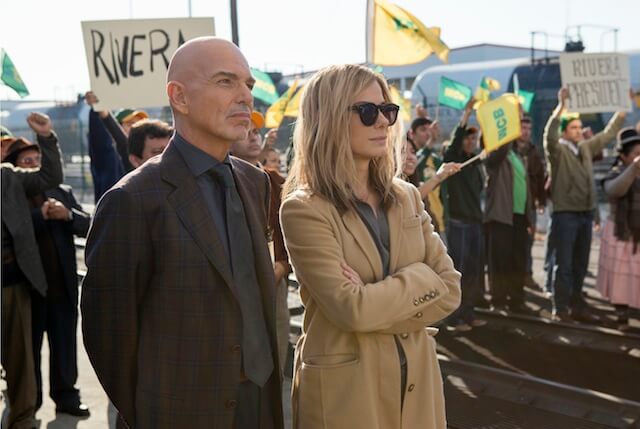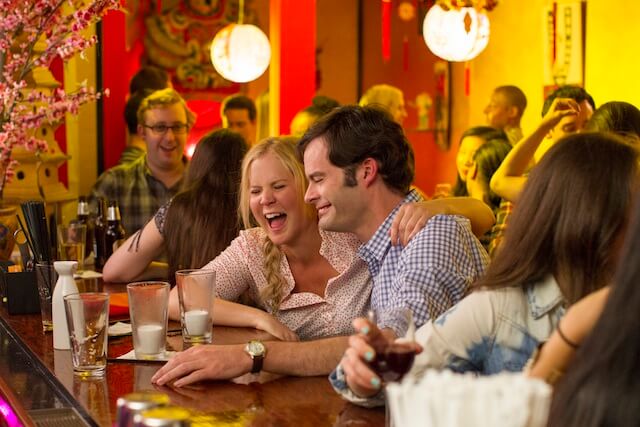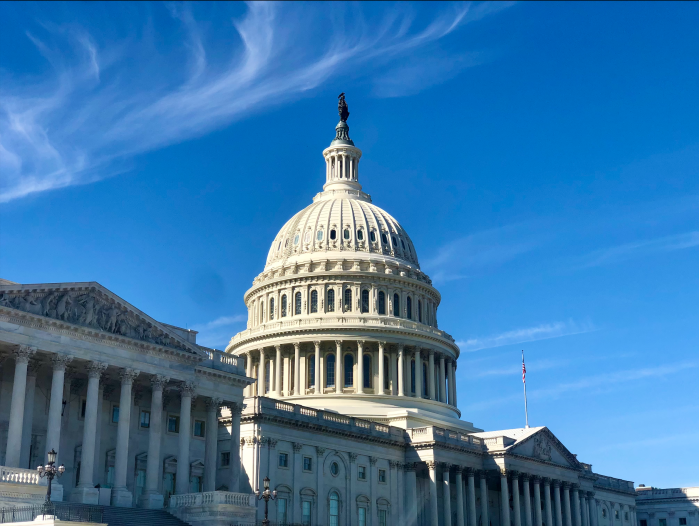There’s been a lot of talk about the lack of diversity in Hollywood recently. Even before the #OscarSoWhite campaign, there were movements from within Hollywood to look at how women are being hired and paid. RELATED: Geek Girl in Hollywood: It’s a great time to be a nerd A new report has been released by the Media, Diversity & Social Change Initiative at the University of Southern California’s (USC) Annenberg School for Communication and Journalism that shows some pretty dismal statistics. In the 109 films and 305 TV and digital series released in 2014, only 28 percent of speaking characters were people of color. One third of the speaking characters were female and two percent were LGBTQ. Fifteen percent of directors and 29 percent of writers were women. This doesn’t exactly reflect the population, does it? Why is this happening? Studios can claim that there aren’t enough actors of color, etc. that command enough clout to get a movie funded all they want, but it’s still not OK. Frankly, maybe it’s time to take a risk on new actors. (I’m not even going to begin the argument that the actors are already out there, because that should be obvious. They are.) John Boyega and Daisy Ridley weren’t exactly well-known before “Star Wars: The Force Awakens.” Maybe you’ve heard of them now? RELATED: #OscarsSoWhite, “Mad Max”‘s many nominations and other Academy Awards thoughts Do we really have to wait until all the old studio heads or directors die off before we see something change? Like when Ridley Scott, when talking about his biblical epic “Exodus: Gods and Kings,” said, “I can’t mount a film of this budget, where I have to rely on tax rebates in Spain, and say that my lead actor is Mohammad so-and-so from such-and-such. I’m just not going to get it financed.” Why are we still seeing Rooney Mara cast as a character that is a Native American? Though, for the record, she’s recently spoken about the controversy over her playing Tiger Lily in “Pan”: “I really hate, hate, hate that I am on that side of the whitewashing conversation. I really do. I don’t ever want to be on that side of it again. I can understand why people were upset and frustrated.” As much as I’ve heard people bitch that this campaign is “PC,” and complain about how things will just “work themselves out,” no one is suggesting any other solution. Hollywood hasn’t been able to self-correct and the only thing that will change this is talking about it. Tweet. Post. Write old-fashioned letters to the studio. Tell them you want to see yourself represented. Hey, it worked with Hasbro when we told them we wanted Rey in Star Wars Monopoly. It only took 24 hours of talking about it to make them change their tune. Maybe we can do it here, too.
Geek Girl in Hollywood: Hollywood’s diversity problem is official
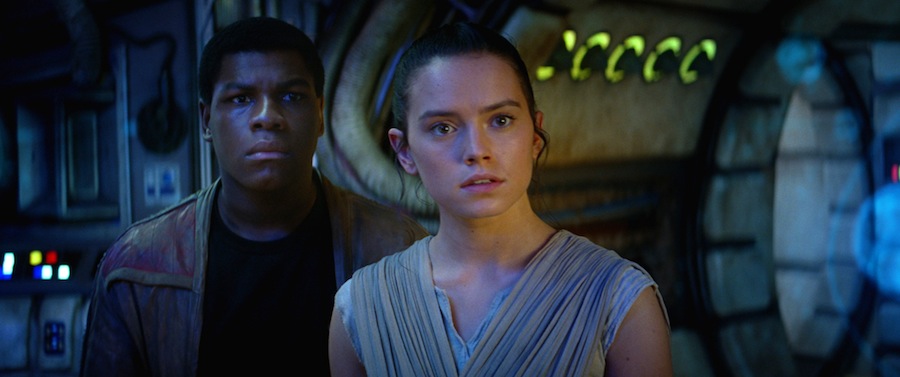
Lucasfilm
Follow Jenna Busch on Twitter @jennabusch and visit her site, Legion of Leia







